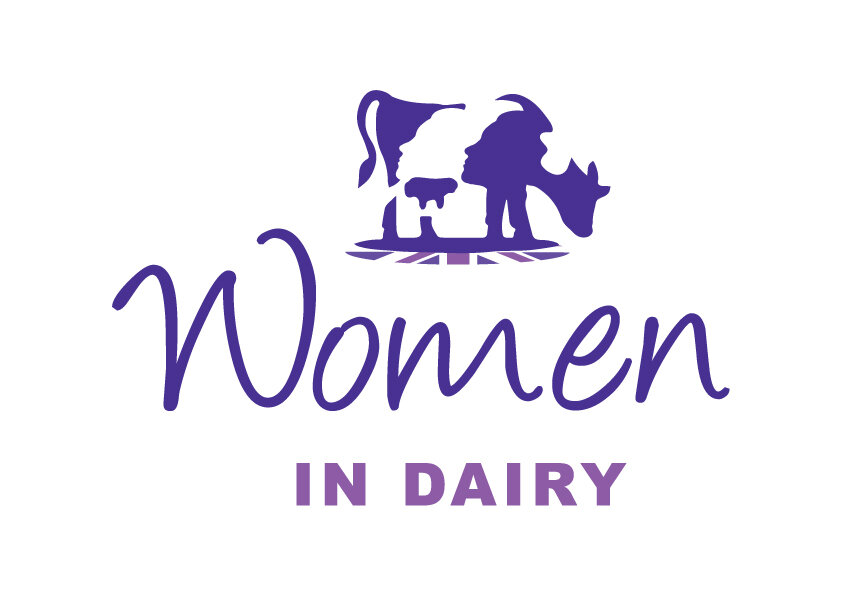Farmers are being advised to get ready now for the removal of the Basic Payment Scheme by budgeting for the possible loss in income as well as looking for ways to add to their revenue stream.
Speaking during a Women in Dairy Webinar on Wednesday (24 February) Rachael Madeley- Davies from Kite Consulting said it was important farmers budgeted for 2024. This is when payments from the Basic Payment Scheme will be halved and replaced with the Environment Land Management Scheme (ELMS).
She said many people may be ‘shocked’ by the loss in income when they get to 2024, which is why planning now is important.
“Look at how you can add to your income stream to plug the gap. The level of changes in the next 10 years cannot be underestimated, they will be colossal,” she warned.
Mrs Madeley-Davies told delegates to be savvy and encouraged farmers to sign up for the ELMS trial to help inform and feedback on how it may work.
“The Government is seeking 5,500 farmers to be involved in the ELMS pilot. This is our opportunity to make it farmer-led. They need all sorts of farmers to be involved in the pilot scheme, so don’t moan if you don’t want to get involved and direct how it may work.”
She said farmers could start preparing for change and adding to their income stream by signing up for schemes already available, such as the Countryside Stewardship Scheme.
“The schemes won’t be there forever, so don’t hold off. They are there to help farmers during this transition phase and get farmers ready for 2028 when there will be no more subsidies.”
She encouraged farmers to seek specialist advice on some of the schemes with support available through many local land agents, FWAG advisors and catchment sensitive area officers.
Some examples of current and upcoming schemes relevant for dairy farmers include:
• Countryside Stewardship Capital Grants
• Relevant for those who farm in high priority water catchment areas within England. Farmers can check if they fall into that area at https://magic.defra.gov HYPERLINK "https://magic.defra.gov.uk/MagicMap.aspx". HYPERLINK "https://magic.defra.gov.uk/MagicMap.aspx"uk/MagicMap.aspx
• A new round of grant funding is open until the 30th April 2021 and includes the opportunity to obtain grant funding for an array of capital works including hedge and tree planting, roofing over livestock yards, concrete yard renewal, rainwater goods. More information at https://www.gov.uk/guidance/countryside-stewardship-capital-grants-manual
2. Mid and Higher Tier Schemes
• Available across England, the Mid-Tier and Higher Tier Schemes have just opened for applications with the deadline to request an online application pack being:
• Higher Tier – 31 March 2021
• Mid-Tier – 30 June 2021
• The Mid-Tier scheme, in particular, can work really well providing useful capital grants and annual income over a five-year agreement period.
You can request an application pack here: https://www.gov.uk/guidance/countryside-stewardship-how-to-request-a-mid-tier-or-higher-application-pack
• Wales
• In Wales, there are also several grant schemes opening soon including the Sustainable Production Grant, Farm Business Grants and Glastir Small Grants. A full list can be found at https://gov.wales/rural-development-programme-2014-2020-application-dates
• Slurry Investment Scheme
This scheme opens in 2022, which the Government had said will ‘offer a significant proportion’ of the cost of news stores. It will aid farmers in covering slurry stores and making sure they have six month’s storage.
• Farming Transformation Fund
This could be something relevant for dairy farmers who are looking to make a large investment in their farm such as installing a new rotary parlour. This opens in autumn 2021.
• Farming Investment Fund
Also opening autumn 2021, this fund will offer grants for equipment, technology and infrastructure. It is similar to the Countryside Productivity Scheme.
The funding session was the latest monthly Women in Dairy webinar, which will be taking place throughout 2021. The webinars are free to attend and if you would like to be added to the mailing list to receive information about upcoming sessions please contact womenindairy@rabdf.co.uk. The next session will be focussing on calf health.
